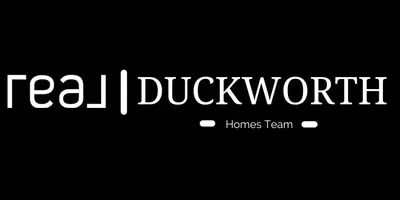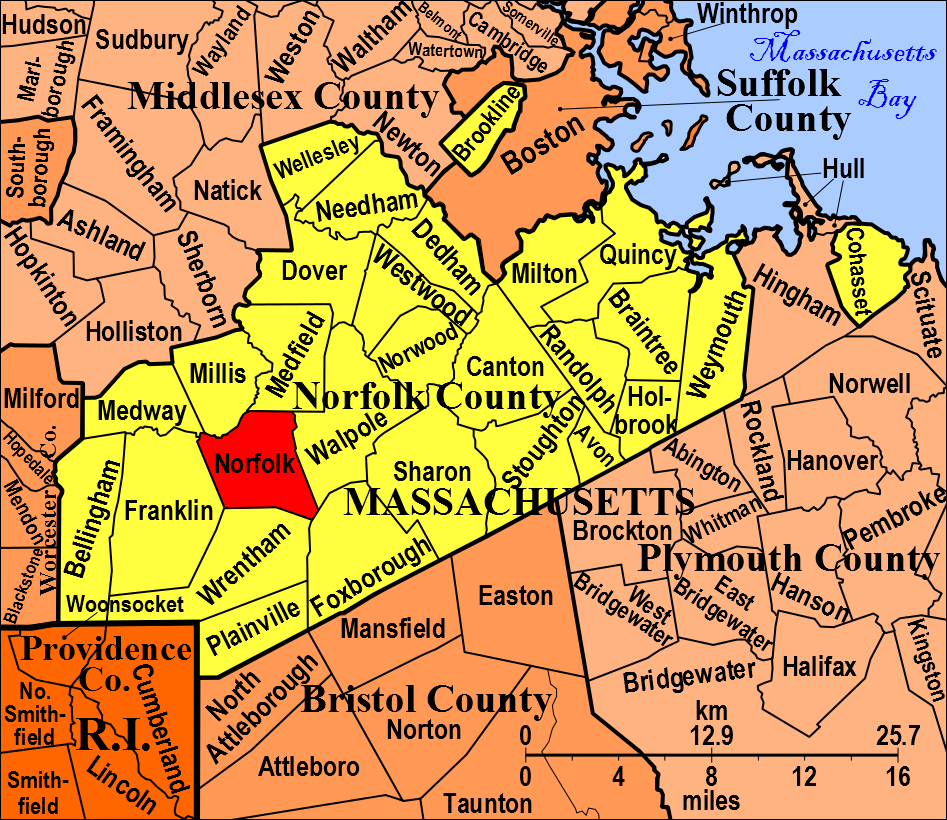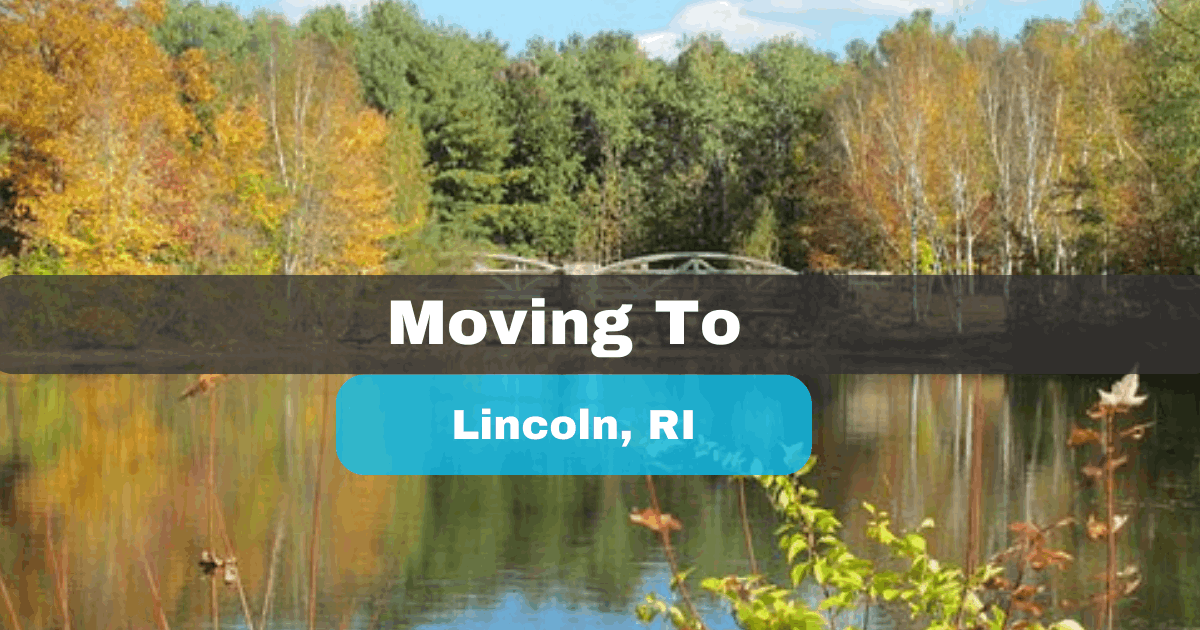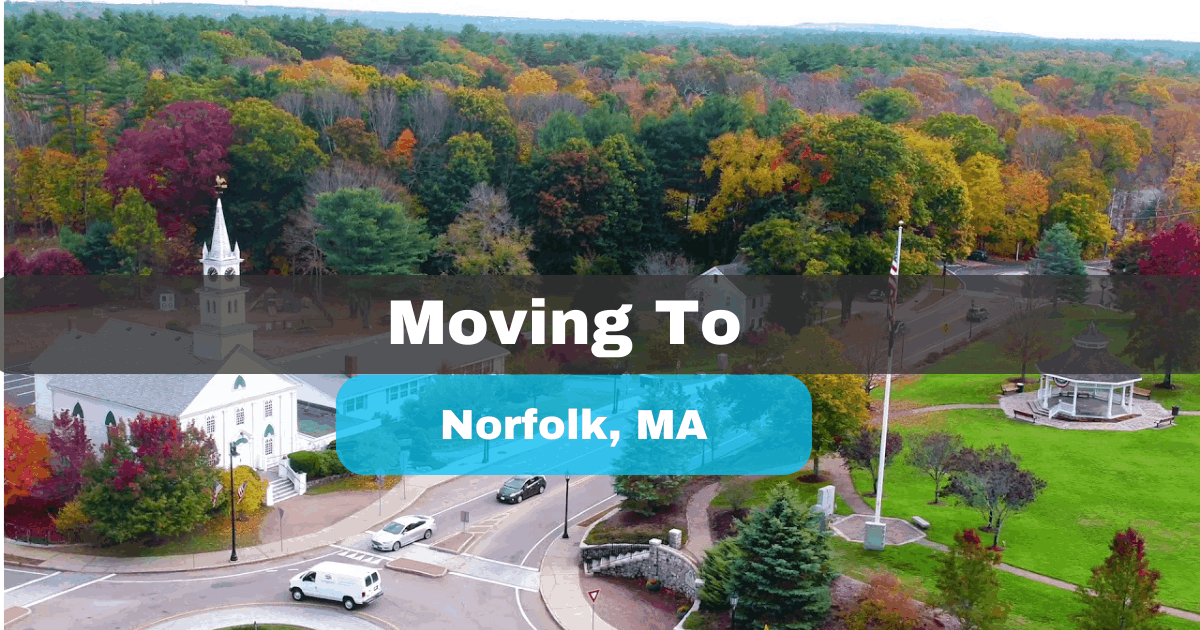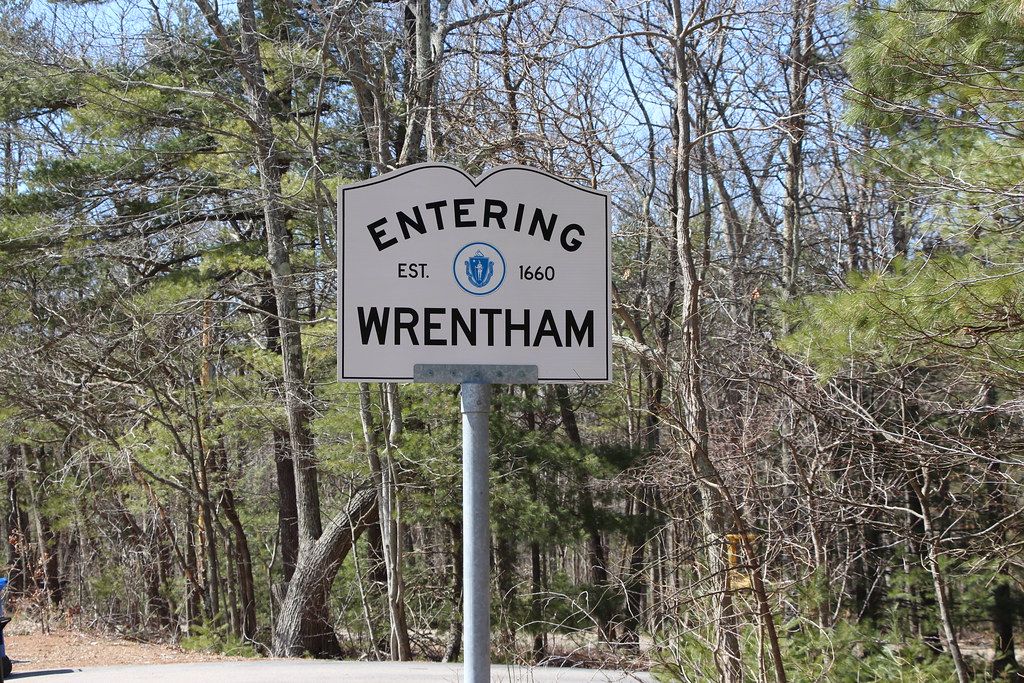How to Cut Costs When Moving: A Comprehensive Guide
How to Cut Costs When Moving: A Comprehensive Guide
Embarking on a move is an exciting endeavor, but it can also be daunting, especially when considering the financial implications. Whether you're relocating within Rhode Island or making the leap to Massachusetts, here are ten savvy strategies to
What Credit Score Is Required When Buying A House in Rhode Island and Massachusetts?
What Credit Score Is Required When Buying A House in Rhode Island and Massachusetts?
Wondering about the credit score you need to buy a house in Rhode Island and Massachusetts? Here’s what you should know before diving into the real estate market.
Chapters
How Lenders Assess Your Credit Score
U
Top 10 Things To Do In Lincoln, RI
Are you considering moving to Lincoln, RI?
In the previous article, we discussed what you should know before you move to Lincoln. In this article, we talk about different activies Lincoln, RI has to offer!Nestled in the heart of New England, Lincoln, Rhode Island, is a treasure trove of history, nat
10 Most Expensive Town's To Live In Norfolk County, MA
Welcome to the Heart of Luxury Living in Norfolk County
If you're considering a move to Norfolk County, Massachusetts, or simply curious about its high-end housing market, this blog is your essential guide to the most expensive cities in the area.
Norfolk County is known for its unique blend of aff
7 Things To Know BEFORE Moving To Lincoln, RI
Living In Lincoln
Considering a move to Lincoln, RI? Here's everything you need to know about living in Lincoln!
The charming and quaint town of Lincoln is nestled in Providence County, Rhode Island, with a population of around 22,000 residents. Known for its rich history and as a former center of t
7 Things To Know Before Moving To Norfolk, MA
Are you contemplating a move to Norfolk, Massachusetts?
Join us as we delve into the town's history, housing options, cost of living, and vibrant community life, and explore more about its educational opportunities and recreational activities. If you're looking for a trusted real estate partner to
7 Things To Know BEFORE Moving To Cumberland, RI
Living in Cumberland, Rhode Island
Are you considering moving to Cumberland, Rhode Island? Follow along as we delve deeper into the community, history, housing, and the cost of living.
Cumberland is a town located in Providence County, Rhode Island, and is often referred to as the "Land of Lakes an
7 Things To Know BEFORE Moving to Wrentham, MA
Are you considering a move to Wrentham, Massachusetts? Here are seven key things to know about living in this charming New England town!
Wrentham, Massachusetts, offers a unique and delightful living experience. Nestled in the heart of New England, Wrentham is a picturesque town that boasts a rich
Brendan Duckworth
Phone:+1(401) 787-7128
